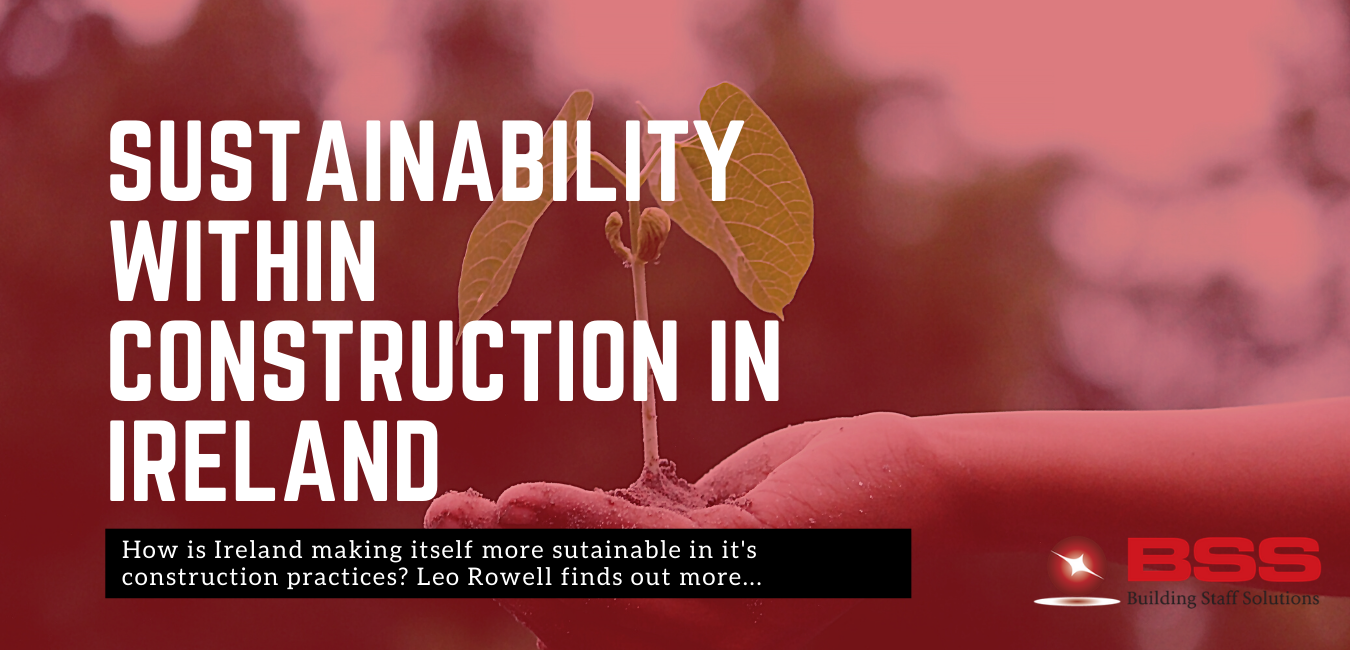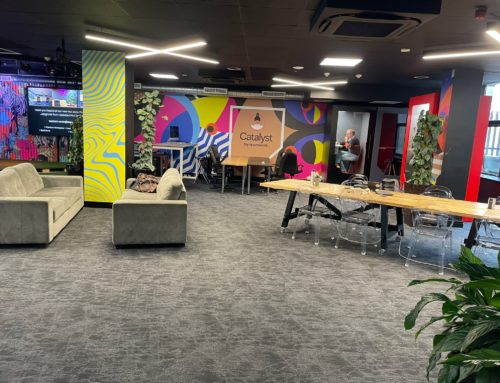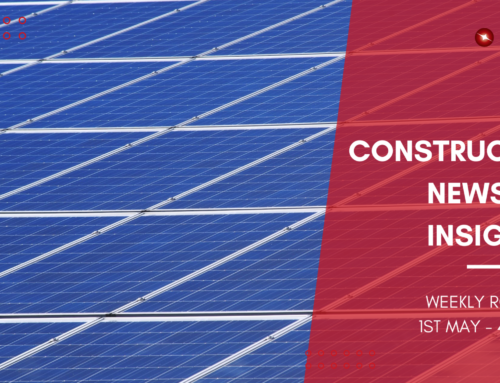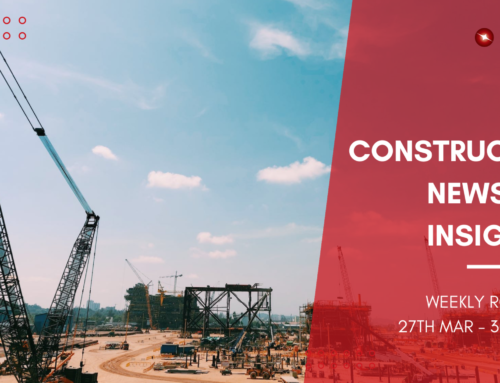Written by Leo Rowell
Articles used to help write this post:
https://www.dublincity.ie/news/dublin-bids-european-green-capital-2023-award
https://www.igbc.ie/certification/construction-products/
https://www.igbc.ie/about/#objectives-jump
Sustainability within Construction is such an important topic – especially within the last 20 years. By definition, sustainable development is described as “development that meets the needs of the present without compromising the ability of future generations to meet their own needs.” (Bruntland Commission Report 1987). Buildings are responsible for around 40% of energy consumption levels and 26% of CO2 emissions in the European Union. Ireland is currently expected to be paying around €600m a year from 2020 in fines for missing environmental emission targets. Now, with the added cost of the disruption of the Coronavirus pandemic coupled with this, Ireland will need to play catch up with meeting it’s sustainability targets.
Sustainability however, should be something that the Irish construction industry should be focusing on. With the introduction of the Irish Green Council in 2011 – a non-profit organisation which is focused on promoting sustainable development within the construction industry in Ireland – the importance of environmental sustainability within construction has never been more prevalent. The council has some important objectives it aims to:
- Provide a source of leadership for sustainability and quality in the built environment.
- Promote and assist in the provision of credible metrics for measuring progress towards the end goal of sustainability.
- Provide a source of resources to companies transitioning their activities towards more sustainable practices.
- Be central to alignment of the policies of organisations seeking to achieve sustainability in the built environment.
(Source:https://www.igbc.ie/about/#objectives-jump )
On a global scale, sustainability within construction needs to be improved. Aforementioned, 30-40% of all global greenhouse gas emissions come from the construction process, so construction professionals are constantly searching for ways to reduce water usage, how to reduce raw materials being used and limit the amount of fossil fuels being used. Plastic is fast becoming a sustainable construction material which is relatively easy to obtain thanks to an abundance of it existing in most societies. In some places, plastic and other rubbish are turned into concrete replacements, reducing greenhouse gasses and helping to stop landfills becoming overrun with materials. Bricks often use kiln-fires to increase their strength resulting in pollution through greenhouse gases, but in 2010 researchers from the Schools of Architecture at the University of Seville, Spain and the University of Strathclyde in Glasgow, UK found new and greener ways to produce bricks just as strong, with untreated clay or wool as part of their composition. It’s research projects like this that are encouraging a brighter future within the construction industry.
Furthermore, our capital city, Dublin is currently bidding to be the ‘European Green Capital’ in 2023. Hoping to join previous winners of the prize such as Bristol (2015), Lisbon (2020) and Lahti (2021), the winner of the EGC prize will received €600,000 of funding from the EU so that they can ‘strive for urban sustainability and eco-innovation, and inspire others to take positive action in making their cities fit for life’. (Source: https://www.dublincity.ie/news/dublin-bids-european-green-capital-2023-award )In terms of construction, it will encourage the city to implement more cycle zones, more public spaces for outdoor leisure and new innovative urban solutions.
With Dublin becoming the digital hub of the EU, sustainability within it’s construction processes couldn’t be happening at a more important time, with companies like TikTok and Twitter slowly moving more operations to the city.
Sustainability also covers a much grander picture, and actually covers the premise of creating communities that will be desirable places to live for years to come. With construction contractors having to think about the bigger picture of how long these communities will last and if they can stand the test of time, more time and emphasis has to be put on having spaces that are able to make communities come together – this being things like parks, cultural arts centres and those for recreation. In a post-covid world, this couldn’t be more important.
At BSS, we want to assure you that despite the pandemic, we are still working for you. Any enquiries, big or small, shoot them our way at info@buildstaff.ie or give us a call on 01 707 1012 and one of our recruiters will be happy to help you find your next job.
#SustainableDevelopment #IrishJobs #ConstructionBlog #BSSBlogs





